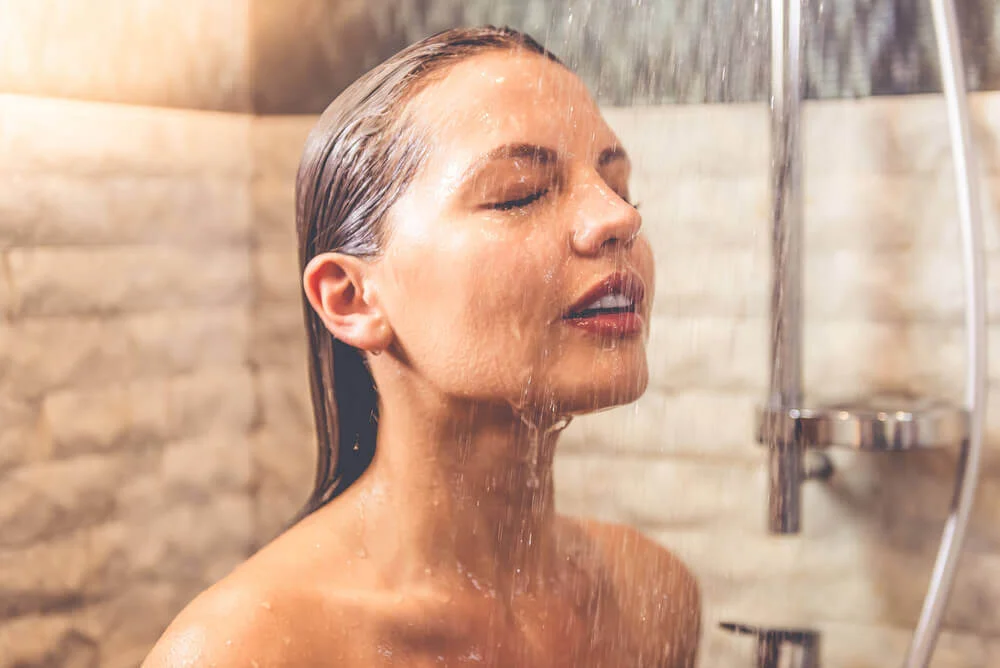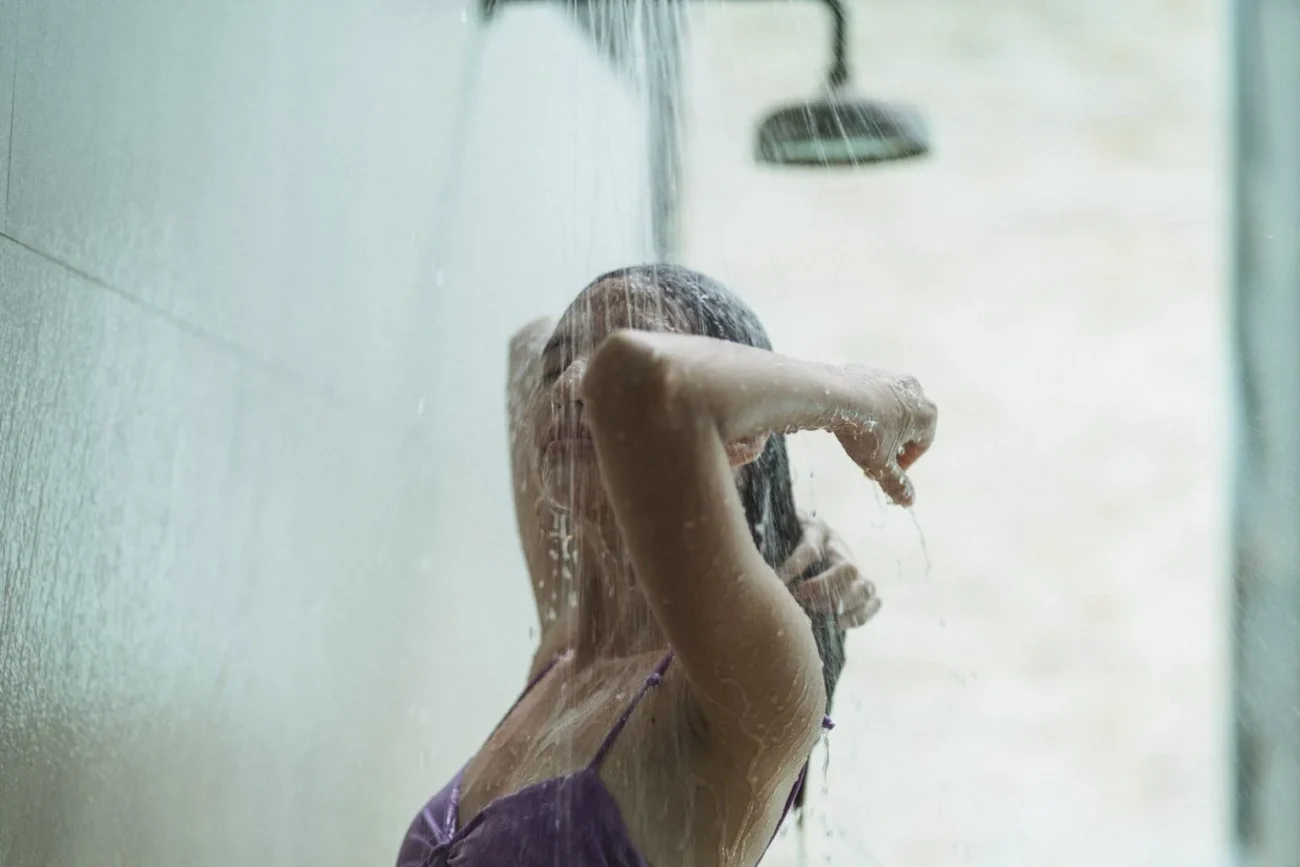Cold showers. Just the thought makes most people cringe. Yet, over recent years, this ancient practice has made a massive comeback—hailed as a miracle hack for boosting mood, building resilience, and improving health.
But how much of it is myth, and what does science actually say?
Let’s take a closer look at the scientific benefits of cold therapy and whether cold showers live up to the hype.
A Brief History of Cold Therapy
Cold exposure has been used for centuries across cultures:
- Ancient Romans alternated hot and cold baths in public bathhouses.
- Nordic traditions include winter swims and rolling in the snow after saunas.
- Japanese samurai practiced cold-water immersion (misogi) as a form of purification.
More recently, cold therapy gained popularity through figures like Wim Hof (“The Iceman”), who combines breathing techniques and cold exposure to promote physical and mental health.
What Happens to Your Body During a Cold Shower?
When exposed to cold water, your body activates the sympathetic nervous system—triggering the “fight or flight” response:
- Blood vessels constrict (vasoconstriction)
- Heart rate and blood pressure increase
- Breathing becomes more rapid
- Endorphins and norepinephrine are released
These physiological reactions are the foundation of many of the reported benefits.
Top Science-Backed Benefits of Cold Showers
1. Improved Mood and Mental Resilience
Cold exposure stimulates the release of norepinephrine, a neurotransmitter linked to focus, alertness, and mood regulation. Some studies suggest cold showers may help reduce symptoms of depression and anxiety, though more research is needed.
💡 One clinical trial (Shevchuk, 2008) proposed cold showers as a potential treatment for depression due to their impact on the brain’s “blue spot” system.
2. Reduced Muscle Soreness and Inflammation
Athletes have long used ice baths to recover after intense training. Cold showers may offer similar, albeit milder, benefits by reducing inflammation, improving circulation, and easing delayed-onset muscle soreness (DOMS).
✅ Cold water immersion post-exercise has been shown to reduce muscle soreness by up to 20-50% compared to passive recovery.
3. Boosted Immunity
Some research suggests cold exposure may stimulate the immune system, increasing white blood cell count and potentially making the body more resistant to illness.
🔬 A 2016 Dutch study found that people who took daily cold showers for 30 days took 29% fewer sick days from work compared to those who didn’t.
4. Increased Alertness and Energy
The shock of cold water causes a spike in adrenaline and other stress hormones. This can lead to a noticeable energy boost, clearer thinking, and heightened alertness—especially in the morning.
5. Better Skin and Hair Health
While less researched, many people report improved skin tone and shinier hair after switching to cold or cooler showers. The theory is that cold water tightens pores and reduces the stripping of natural oils.
Cold Shower Myths—Debunked
Let’s clear up a few misconceptions:
- ❌ “Cold showers burn fat instantly.” While cold exposure may activate brown fat (which burns calories), it’s not a weight-loss miracle.
- ❌ “You must stay in for 10+ minutes.” Even 30–90 seconds can be beneficial, especially when done regularly.
- ❌ “Cold showers replace medical treatment.” They’re a complementary tool—not a cure-all. Always consult a doctor for serious conditions.
How to Start: Cold Showers
If you’re new to cold showers, don’t dive in all at once. Try these steps:
- Start warm: Begin with your usual warm shower.
- Cool it down gradually: Shift to lukewarm, then cold over the final 30–60 seconds.
- Focus on breath: Breathe slowly and deeply to stay calm.
- Be consistent: Try it a few times per week, then build up from there.
Myth or Reality?
Cold showers are more than a trend—they’re grounded in both historical tradition and growing scientific evidence. While not a magic bullet, they can be a powerful, low-cost tool to boost mental clarity, improve resilience, aid recovery, and even support mood and immune function.

So next time you reach for the hot water, consider turning the knob to cold—just for a few seconds. Your body (and maybe your brain) might thank you.
Have you tried cold showers or cold plunges? What was your experience?
Share your thoughts in the comments!

